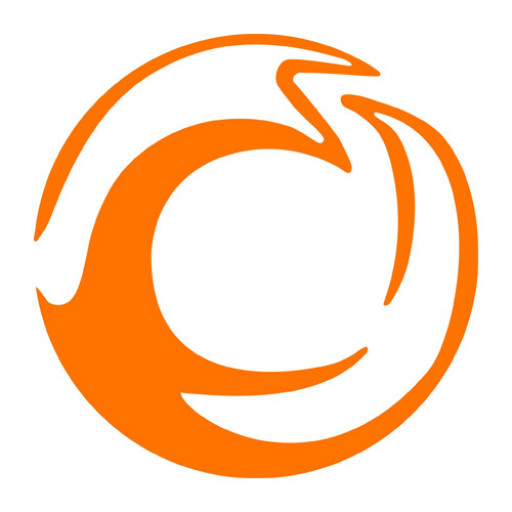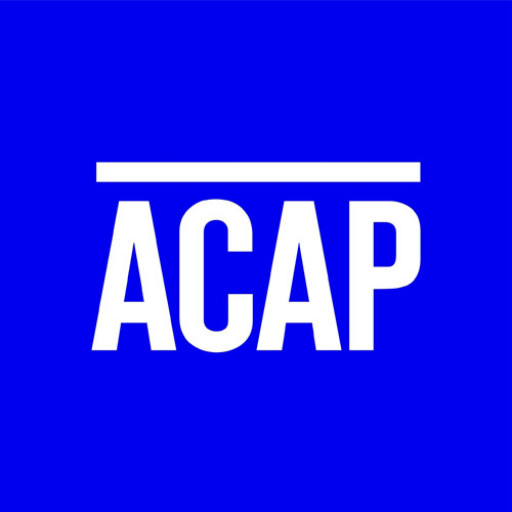Photos of university / #uniofexeter
The MSc Psychological Therapies programme at the University of Exeter offers an in-depth exploration into a wide range of evidence-based psychological interventions and therapeutic modalities. Designed for graduates and professionals seeking to develop advanced skills in psychological therapy, this course provides comprehensive training that prepares students for a variety of clinical and research roles within mental health settings. Throughout the programme, students engage with core theoretical frameworks, practical methodologies, and ethical considerations central to psychological therapies, including cognitive-behavioral therapy (CBT), psychodynamic approaches, humanistic techniques, and more. The curriculum combines rigorous academic study with practical training, enabling students to assimilate knowledge through case studies, supervised practice, and experiential learning. Emphasising a client-centered, culturally sensitive approach, the programme fosters critical thinking and reflective practice essential for effective therapy. Students benefit from expert faculty with extensive clinical and research experience, as well as access to state-of-the-art facilities and resources that support hands-on learning and skills development. The programme also offers opportunities for research projects and placements that enhance professional competence and employability. Graduates of the MSc in Psychological Therapies are well-equipped to pursue careers as accredited psychological therapists, mental health practitioners, or further doctoral studies in clinical psychology or related disciplines. The programme aligns with professional standards required for registration and accreditation with relevant bodies, ensuring graduates meet industry expectations. Committed to fostering a supportive academic environment, the University of Exeter prepares students to make meaningful contributions to mental health care and promote well-being within diverse communities.
Psychodynamic compulsory modules
Psychodynamic Observation Seminar 15
Psychoanalytic Theory Seminar 15
Small Group Supervision & Reflective Practice 15
Clinical Applications Seminar 15
Psychodynamic Clinical Practice 30
Psychological Therapies Research Methods 15
Integrative Themes in Psychological Therapies Practice 15
Research Project 60
Systemic compulsory modules
Key Concepts and Core Issues in Systemic practice 15
Approaches to and Models of Systemic Therapy and Theories of Change 15
Couple Therapy 15
Contemporary Social Issues 15
Systemic Clinical Practice 30
Psychological Therapies Research Methods 15
Integrative Themes in Psychological Therapies Practice 15
Research Project 60
Programme requirements for the MSc Psychological Therapies at the University of Exeter are designed to ensure applicants possess the necessary academic background, skills, and motivation to undertake postgraduate study in this specialized field. Typically, applicants are expected to hold a good undergraduate degree in a relevant discipline such as psychology, counselling, social work, or a related health sciences field, generally at a UK 2:1 Honours level or equivalent. Prior experience in clinical or therapeutic settings is highly valued, though not always mandatory, supplied through placements, volunteering, or employment in mental health environments.
Candidates should demonstrate a strong motivation to develop skills in various psychological therapy modalities, including cognitive-behavioral therapy, psychodynamic approaches, humanistic therapies, and integrative techniques. A personal statement outlining the applicant’s interest in psychological therapies, relevant work or voluntary experience, and career aspirations is required. References should preferably be academic but may include professional references if applicable, highlighting the applicant’s suitability for postgraduate study and ability to succeed in a rigorous academic environment.
Proficiency in English language is essential for non-native speakers, with requirements typically including an IELTS score of 6.5 overall, with no component less than 6.0, or equivalent qualification. As the programme involves significant practical components, applicants should demonstrate excellent interpersonal and communication skills, alongside the capacity for self-reflection, critical thinking, and ethical understanding.
Selection may involve an interview process, either in person or via video conferencing, to assess the applicant’s motivation, communication abilities, and understanding of the field. Successful applicants will need to pay attention to health and safety considerations and comply with any necessary safeguarding or DBS (Disclosure and Barring Service) requirements if engaging in practicum placements.
Additional requirements include completion of any mandatory pre-course assessments or modules stipulated by the programme coordinators. The programme encourages applicants from diverse backgrounds, believing that a range of cultural and personal experiences enrich therapeutic practice. Overall, applicants must demonstrate a clear commitment to ongoing professional development and ethical practice in psychological therapy.
The University of Exeter offers a range of financing options for students pursuing a programme in Psychological Therapies. Prospective students can explore various funding sources to support their studies, including government-backed student loans, scholarships, bursaries, and external funding opportunities. For UK residents, Student Finance England provides tuition fee loans and maintenance loans to help cover the cost of tuition fees and living expenses. These loans are repayable after graduation based on income thresholds, making higher education more accessible. The university also offers a limited number of scholarships and bursaries to outstanding students, which are awarded based on academic merit, financial need, or specific criteria such as regional background or additional support requirements. International students, on the other hand, are advised to seek external funding, as they may be ineligible for UK government loans. The university provides guidance and support in applying for external funding sources, including research grants, external scholarships, and loans from private organizations. For students undertaking part-time or distance learning options, flexible payment plans may be available, allowing for manageable fee payments over time. Additionally, students are encouraged to explore opportunities such as employer sponsorships, professional development loans, or charitable foundations that support postgraduate education in psychological therapies. The university’s dedicated financial aid office provides comprehensive advice on eligibility criteria, application processes, and deadlines for various funding schemes. It is also recommended to consult external scholarship databases and funding bodies related to mental health and psychological therapy fields. Overall, students are encouraged to plan their finances early, utilize all available resources, and consider multiple funding avenues to make their study in Psychological Therapies at Exeter financially feasible.
The University of Exeter offers comprehensive programmes in Psychological Therapies designed to prepare students for careers in mental health, counselling, and psychotherapy. These programmes encompass a range of specializations including cognitive-behavioral therapy (CBT), psychodynamic approaches, humanistic therapies, and integrative techniques, providing students with a thorough understanding of diverse therapeutic models. The curriculum is structured to combine theoretical instruction with practical training, allowing students to develop essential skills for effective therapy delivery. The coursework covers core psychological principles, ethical considerations, and contemporary research in mental health, ensuring graduates are well-equipped to address complex psychological issues in a variety of settings such as clinics, hospitals, and community services.
The programmes are delivered by experienced faculty members who are active researchers and practitioners in the field of psychological therapies. Students have access to state-of-the-art facilities, including dedicated training rooms, counseling labs, and supervised practice opportunities. The university emphasizes evidence-based practice, integrating recent scientific findings into the learning process, thus ensuring that the training is current and applicable. Students also participate in placements and internships arranged through the university’s extensive network of mental health organizations, providing real-world experience and fostering professional development.
Assessment methods include written assignments, practical demonstrations, and placements, designed to measure a student’s competency in both theoretical knowledge and practical skills. The university's supportive academic environment encourages collaborative learning and personal growth, essential components in becoming an effective psychological therapist. Upon graduation, students are well-prepared to pursue further accreditation and certification in various therapeutic modalities or to continue their academic studies in advanced research-focused degrees. The university’s strong emphasis on ethical practice and cultural competence ensures that graduates are sensitive to the diverse needs of clients in an increasingly globalized society.
Overall, the University of Exeter’s programmes in Psychological Therapies aim to produce reflective, skilled, and compassionate practitioners capable of making a meaningful impact in mental health care. The combination of academic rigor, practical experience, and ethical training ensures that graduates are confident and competent to meet the challenges of contemporary psychological practice.







